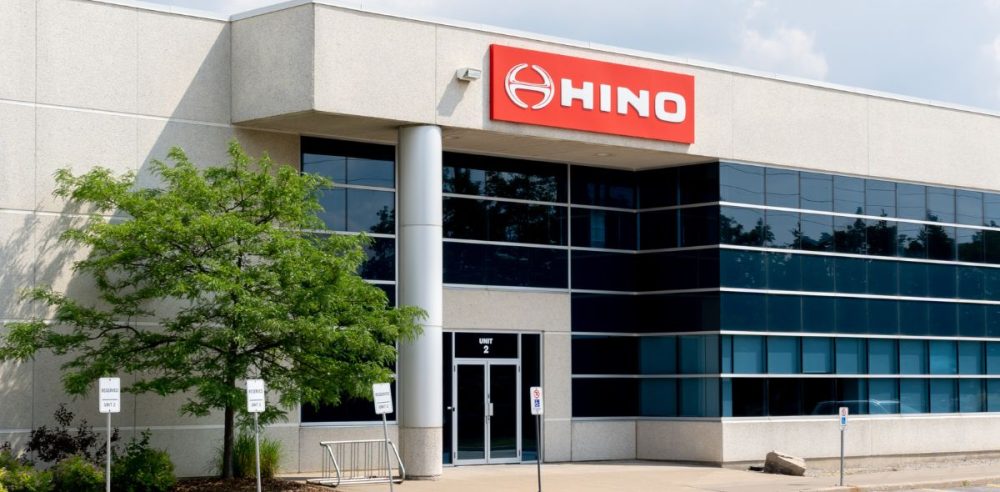Hino Motors, a commercial truck manufacturer and subsidiary of Toyota, has admitted to a years-long conspiracy to falsify emissions data, culminating in a $1.6 billion settlement.
The admission addresses federal criminal charges and civil claims from the Environmental Protection Agency (EPA) and California regulators.
Over 100,000 diesel trucks and engines were implicated in the fraud, which involved submitting altered and fabricated emissions test results to meet state and federal environmental standards, reported NPR.
This penalty marks the second-largest criminal fine the EPA has imposed for Clean Air Act violations, highlighting the severity of Hino’s actions.
Despite the scandal, the trucks and engines remain safe to use, and voluntary repairs will be offered for some vehicles to ensure compliance with emissions regulations. Regulators assure that these repairs will not affect vehicle performance or fuel economy, per NPR.
The company is also facing a five-year probation period during which it cannot import diesel engines into the U.S., underscoring the gravity of its offenses.
The fraudulent activities, spanning several years, were discovered when the California Air Resources Board identified inconsistencies in Hino’s data, leading to a broader investigation by the EPA. Regulators found that Hino circumvented emissions testing protocols by submitting falsified data, ranging from improperly conducted tests to entirely fabricated results.
In addition to the hefty fines, Hino has agreed to fund environmental remediation projects to counteract the damage caused by its actions.
Over $150 million will be allocated to replace engines on ships and trains with cleaner alternatives and to support hybrid and zero-emission buses and trucks in California, reported NPR. These measures aim to mitigate the pollution resulting from the fraudulent evasion of emissions standards.
Toyota, Hino’s parent company, has also faced scrutiny in recent years for irregularities in emissions reporting, raising questions about systemic issues within the corporation, per Reuters.
While Toyota has apologized for these lapses, the repeated violations suggest a need for deeper introspection and reform across its subsidiaries.


